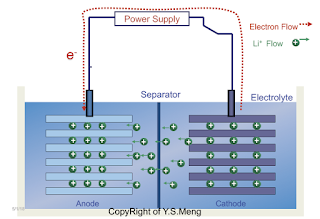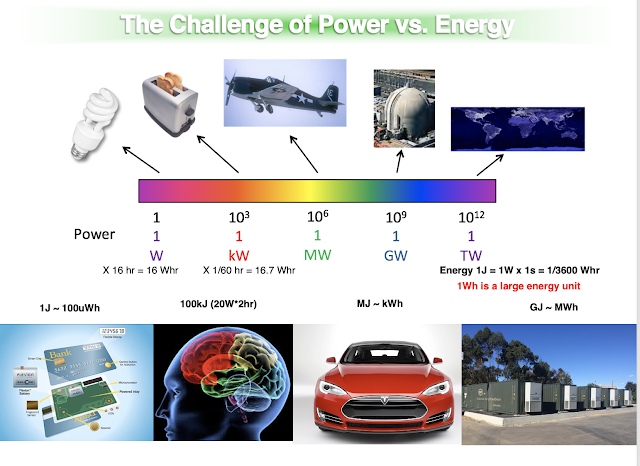COVID-19 disrupts battery materials and manufacture supply chains, but outlook remains strong
This is from an article I edited , written by Boris Dyatkin COVID-19 disrupts battery materials and manufacture supply chains, but outlook remains strong The effects of the coronavirus global pandemic have rippled through many lives and have upended aspects of health care, transportation, and the economy in virtually every country. The energy materials and renewable generation and conversion mar - ket, which includes battery-powered electric vehicles, grid stor - age, and personal electronic devices, is no exception. As businesses shut down worldwide, road traffic ground to a standstill, and the demand for electric automobiles plunged. Quarantines and stay-at-home orders barred workers from op - erating battery and automobile production facilities, shuttered mines and refineries, and froze shipments of manufactured goods. Economic uncertainty and mass layoffs have curtailed consumer spending and have driven down the demand for top-of-the-line mobile phones and t...


